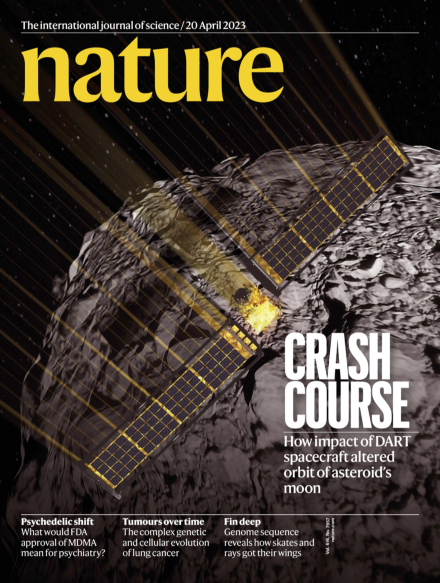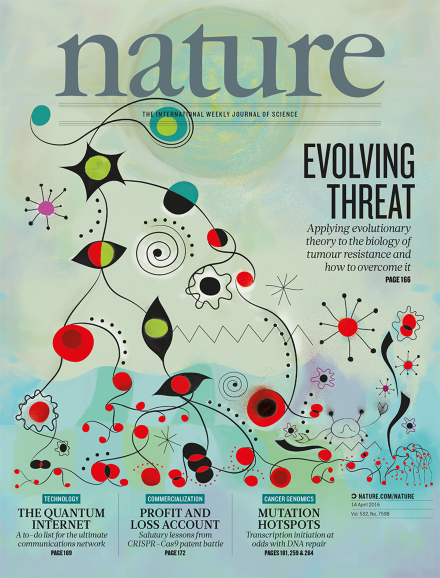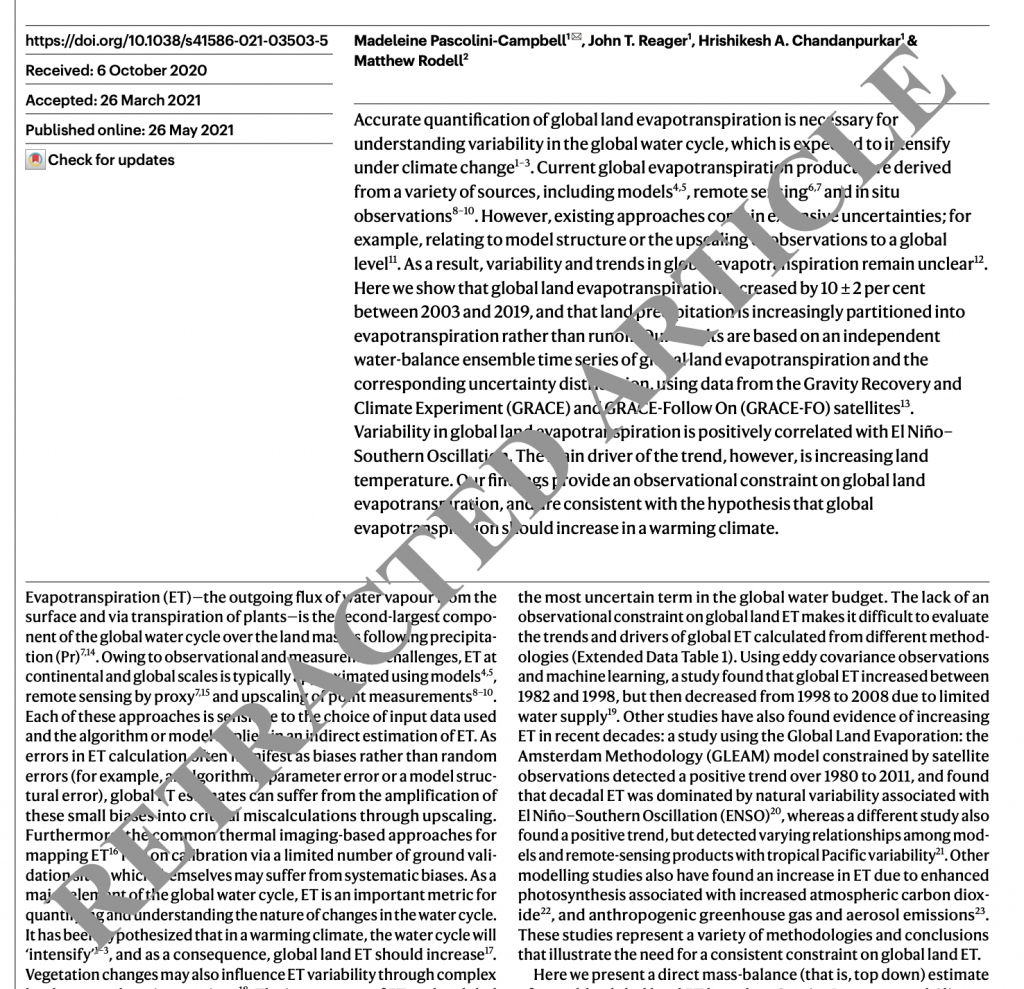Nature has retracted a paper after an investigation at a U.K. institution found the first author — then a doctoral student — manipulated data.
The paper, which looked at the sensitivity of lung cancers to immunotherapy, appeared in April 2023 and has been cited 192 times, according to Clarivate’s Web of Science.
The retraction notice published today states first author Kevin Ng was responsible for the manipulation in the paper, including manipulated data in several figures. At the time of the experiments, Ng was a Ph.D. student at the Francis Crick Institute in London under the supervision of co-corresponding author George Kassiotis.
Continue reading Nature retracts paper for data manipulation by Ph.D. student








